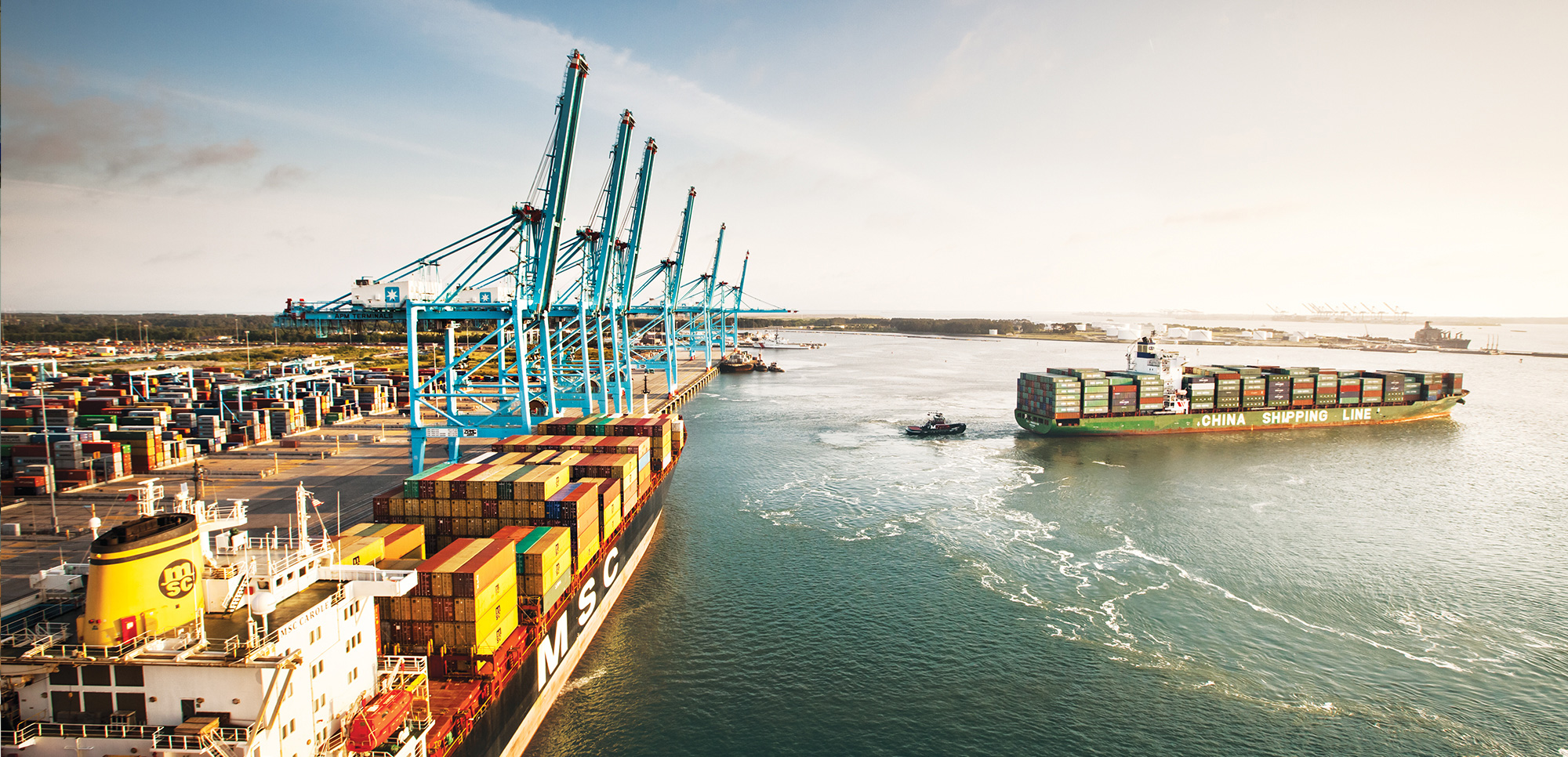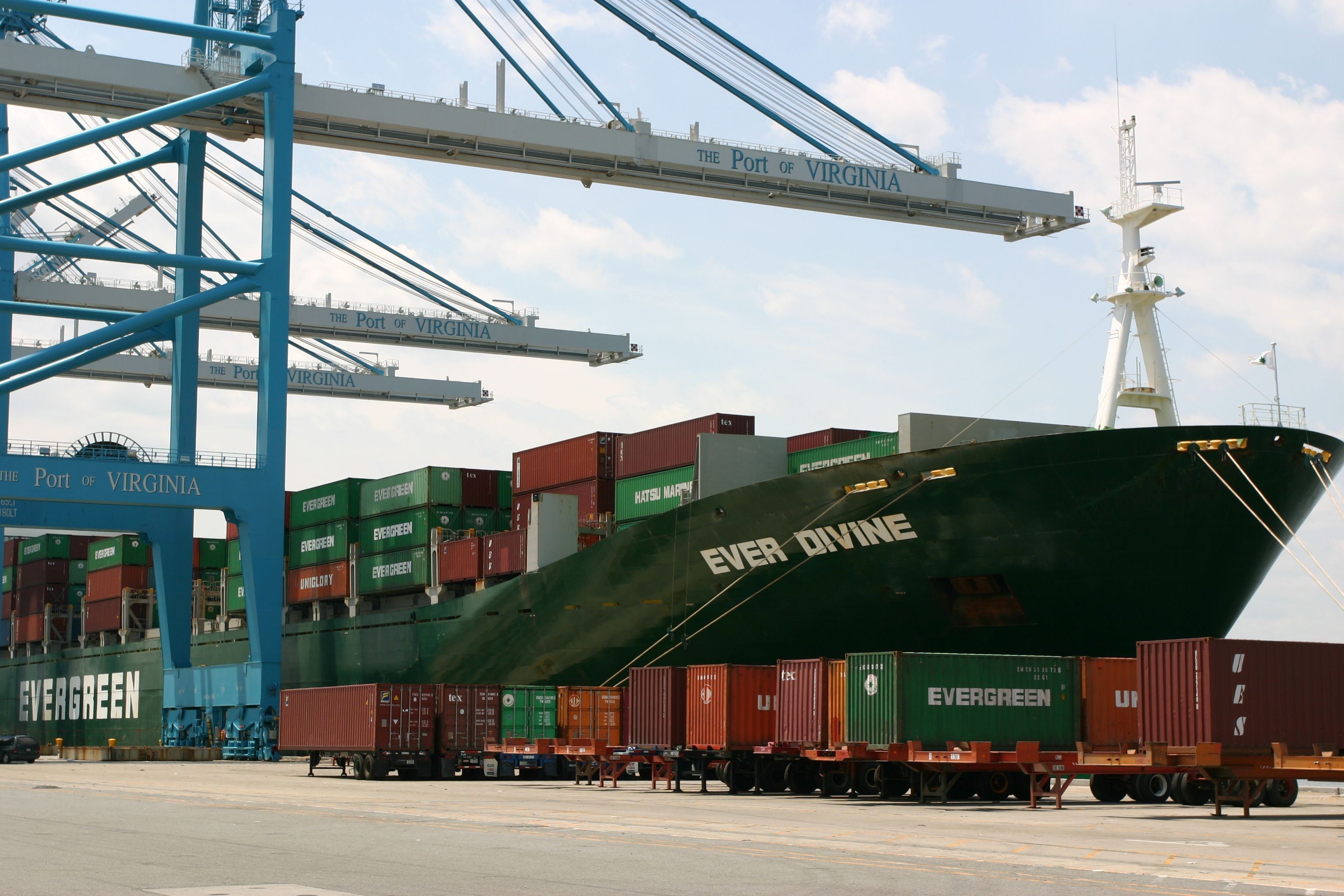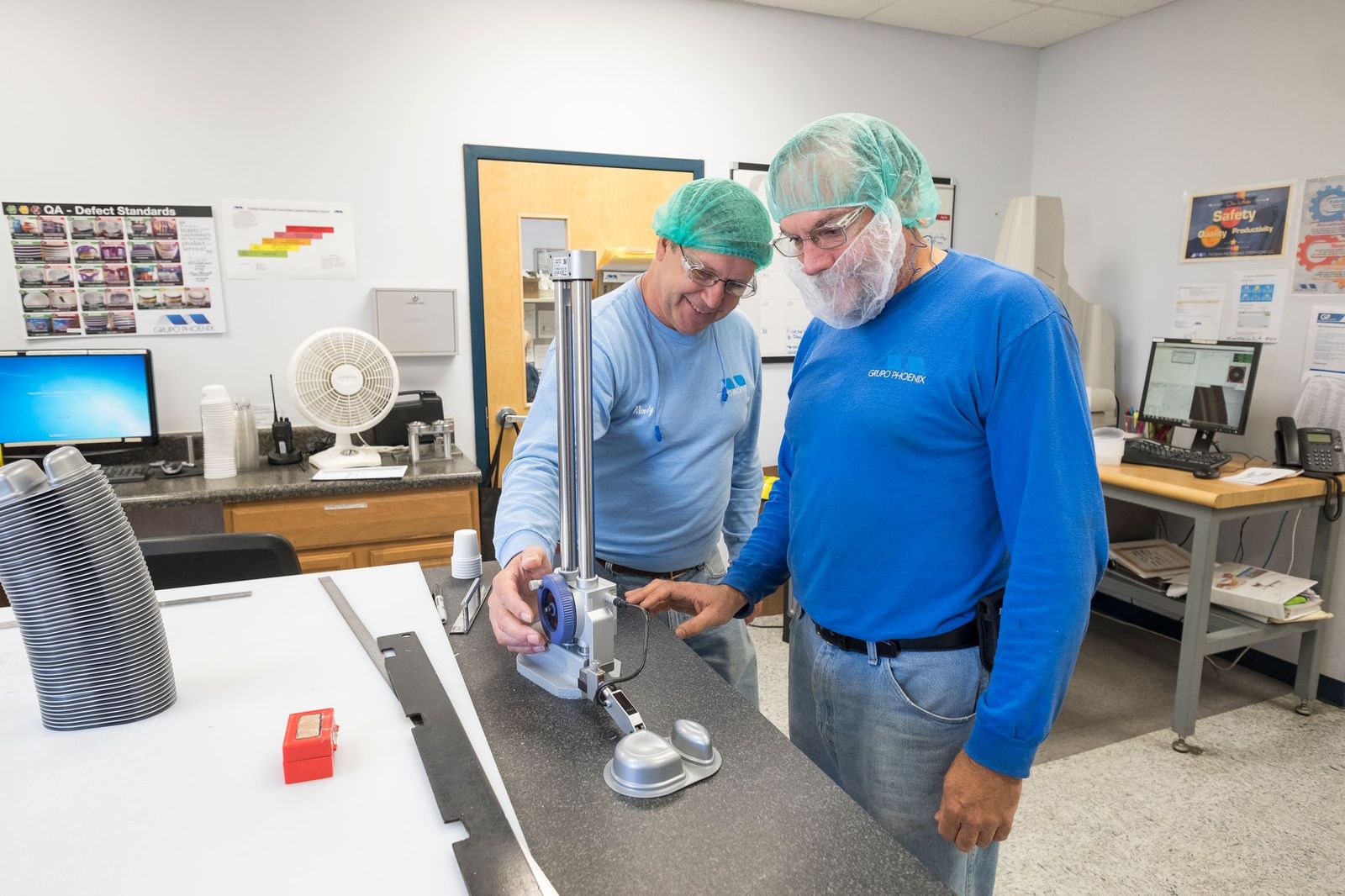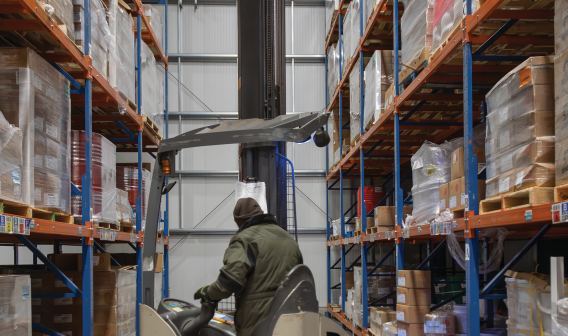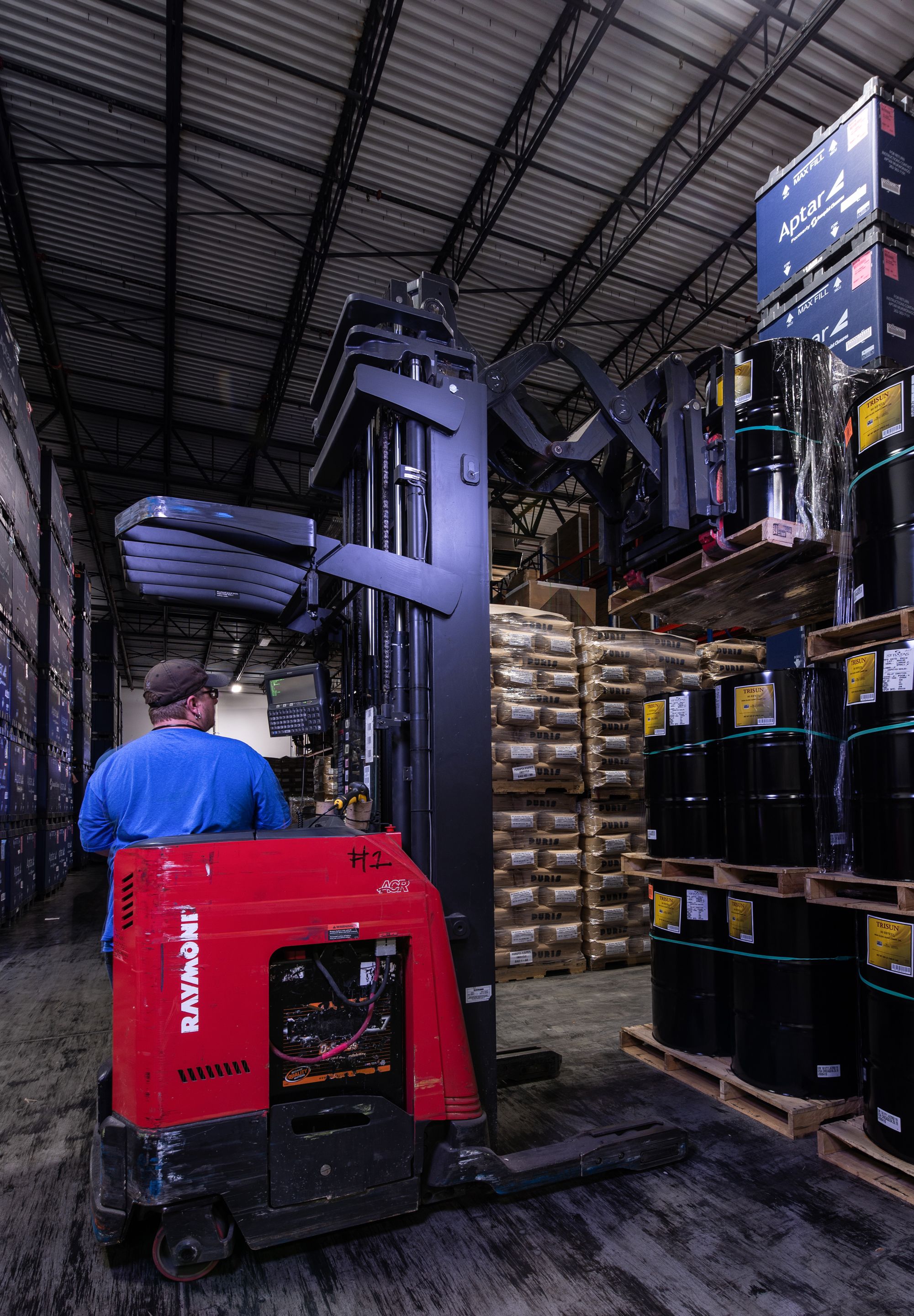
InterChange Cold Storage, Rockingham County
The port also helps fuel the state’s economy by moving cargo that results in job creation and economic investment throughout the state. In fiscal year 2019, the port moved more than 2.8 million 20-foot containers (TEUs) filled with a variety of food, consumer goods, and agricultural products. Those goods and commodities moved to and from the port’s six terminals — four marine terminals in the Hampton Roads region, the Virginia Inland Port in Front Royal in the Northern Shenandoah Valley, and the Richmond Marine Terminal on the James River — via an expanding transportation network that reaches throughout the Mid-Atlantic and into the Midwest via trucks, double-stack trains, and barges. The port set a new annual record for container cargo volume in calendar year 2019, handling more than 2.9 million TEUs, a 3% increase over the previous year. The biggest gains came in barge volume, which was up more than 18%.
Having completed the U.S. Department of Agriculture’s Southeast In-Transit Cold Treatment Pilot program, importers of perishables from South American countries can also move their cargo through The Port of Virginia. Under the program, Virginia imports cold-treated containers of blueberries, citrus fruits, and grapes from Peru, blueberries and grapes from Uruguay, and apples, blueberries, and pears from Argentina. Previously, those fruits were required to enter Northeastern ports for cold treatment before being transported to Southern states.
“We moved nearly 70,000 containers of refrigerated goods last [fiscal] year, and through our investments, we have doubled our capacity to handle cold cargo,” Reinhart said. “This opens up many new possibilities for the ocean carriers and cold cargo owners.”
Private refrigerated warehouse owners are taking note of the port’s efforts and making parallel investments to handle the chilled and frozen cargo once it leaves the terminal.
“Virginia’s position in the logistics supply chain for food exports and imports is expanding,” Reinhart said. “This cargo is valuable to its owners and important to consumers, so it’s up to us to move it safely and reliably and develop long-term relationships to ensure growth in this segment of our business."
Cold Storage Keeps Food Fresh for Distribution
Virginia is also home to several cold storage warehouses from companies such as Cloverleaf Cold Storage (acquired by Americold in 2019), Preferred Freezer Services of Norfolk, InterChange Cold Storage, and Lineage Logistics, founded in Richmond in 1907 and now boasting nine facilities across Richmond and Hampton Roads serving the protein and produce markets.
“Some of our largest and most long-standing customers have major processing and manufacturing locations in the state, so our presence in nearby or adjacent locations allows us to create efficiencies across their extended supply chains,” said Mike McLendon, Lineage’s executive vice president of optimization and integration. “The Virginia Port Authority is also a fantastic partner in this effort, as our strategic port presence helps us connect our customers to global markets.”
InterChange Cold Storage recently invested $41.6 million in Rockingham County to build a 250,000-sq.-ft. state-of-the-art cold storage and blast freezing facility. That facility will serve the nearby cluster of food and beverage companies in the Shenandoah Valley, which boasts four of the top five Virginia counties for agriculture and employs 13,000 workers in the industry. Companies including The Hershey Company, Nature’s Touch, Danone, Andros Foods, Shenandoah Growers, and Cargill take advantage of those logistical advantages and the proximity to Interstate 81.
Infrastructure Enables Logistics Advantages Across Virginia
Long-standing relationships and strong shipping infrastructure enable third-party logistics providers and other groups in the supply chain to collaborate and expand in the food and beverage market.
The region immediately surrounding the port, Hampton Roads, is home to Smithfield Foods, Kraft Foods, Unilever, and High Liner Foods, and offers more than 3 million square feet of freezer and cooler space within a 20-minute drive of the port’s deep water terminals.
